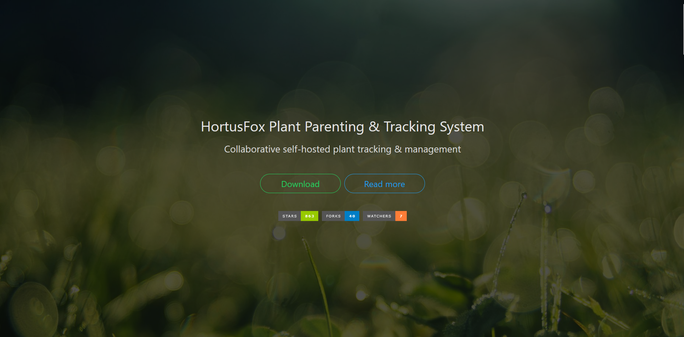Lately I've been doing more #SelfHosting again due to the current situation. Of course, I'm paying particular attention to power consumption and noise. After good experiences with the #ARM64 architecture, even with power-hungry applications such as Mastodon, I'm now using the smartphone technology for my homeservers, too.
There are #SBCs with more open hardware, but the #RaspberryPi is widely available, well documented, powerful and inexpensive. And it is available with up to 16 GB of RAM.
Anyone operating a server on the Internet must install #security updates quickly. However, many people forget to restart running software so that the new version runs instead of the old one. The #needrestart tool helps with this on Debian-based Linux systems, which unfortunately is usually not pre-installed.
On my Raspberry Pi 4, needrestart always runs correctly (automatically after apt upgrade). On my Raspberry Pi 5, however, I first had to create a configuration file as described by the main developer here:
https://github.com/liske/needrestart/blob/master/README.raspberry.md
Previously, the tool always claimed that a reboot was necessary because it thought an outdated Linux kernel was running.
Next, I want to activate #LUKS hard drive encryption on both raspis. Unfortunately, this is not as easy under #Raspbian or #RaspberryPiOS as on other Debian systems. If you have managed this: Please let me know how you did it!


 Manyfold v0.108.0 is out, with a new write API; now you can edit your Manyfold metadata* from your own code! We're really excited to see what you all do with it!
Manyfold v0.108.0 is out, with a new write API; now you can edit your Manyfold metadata* from your own code! We're really excited to see what you all do with it!  Full release notes:
Full release notes:  Support us on OpenCollective:
Support us on OpenCollective: 
 I have published a new blog post:
I have published a new blog post:
 Read it here:
Read it here:




 eigenes Mediacenter für Filme, Serien & Hörbücher
eigenes Mediacenter für Filme, Serien & Hörbücher













